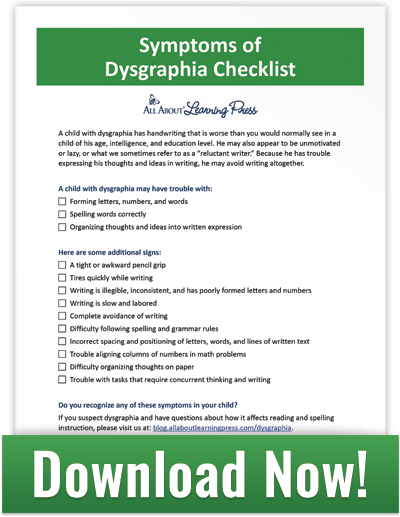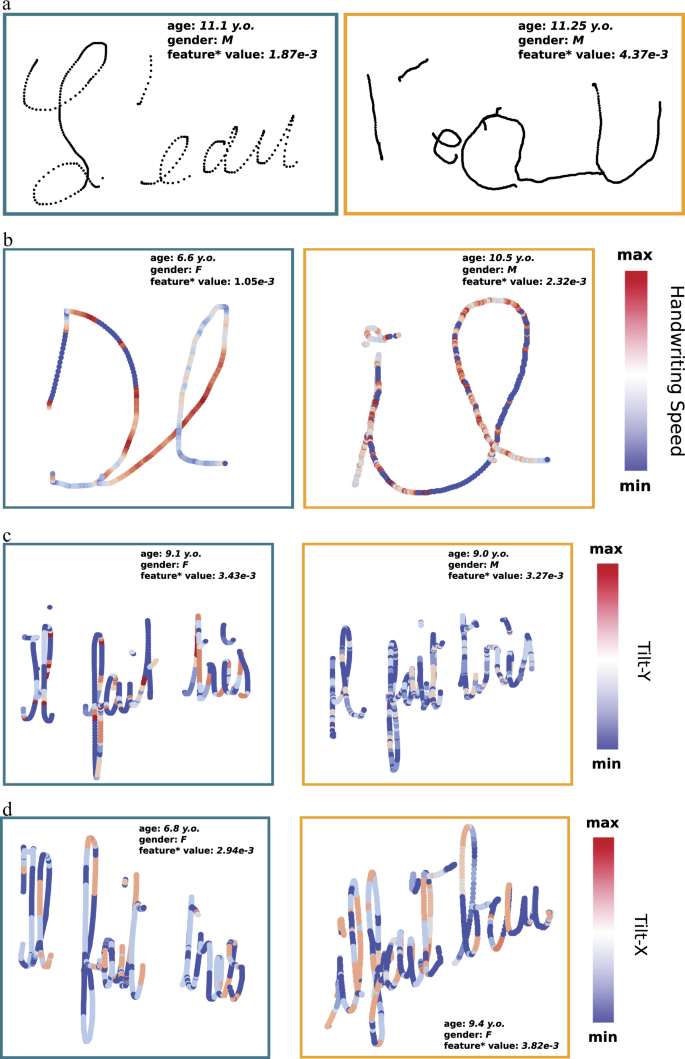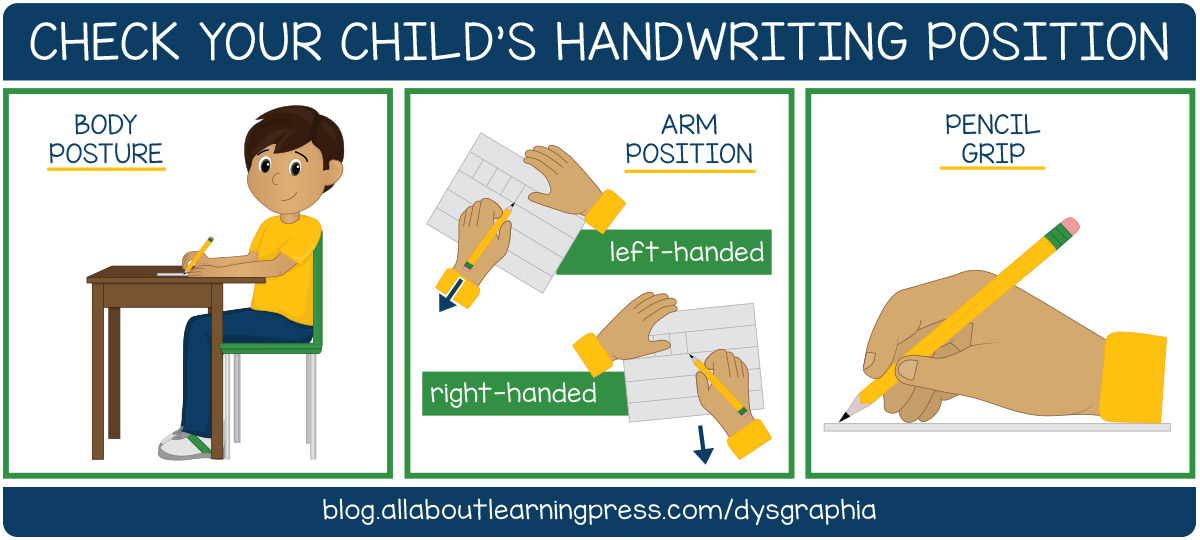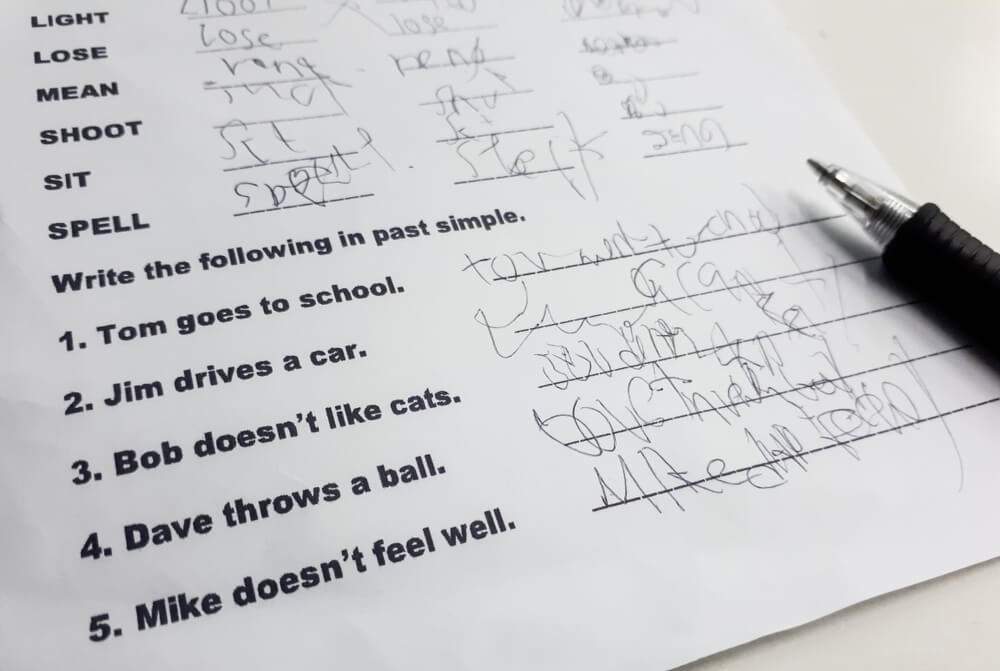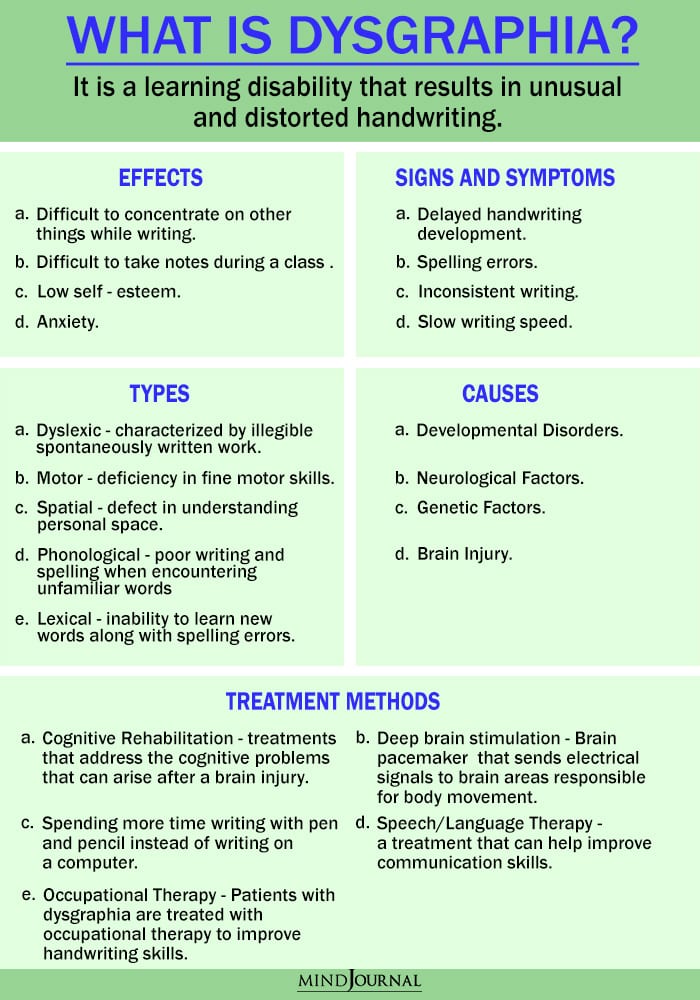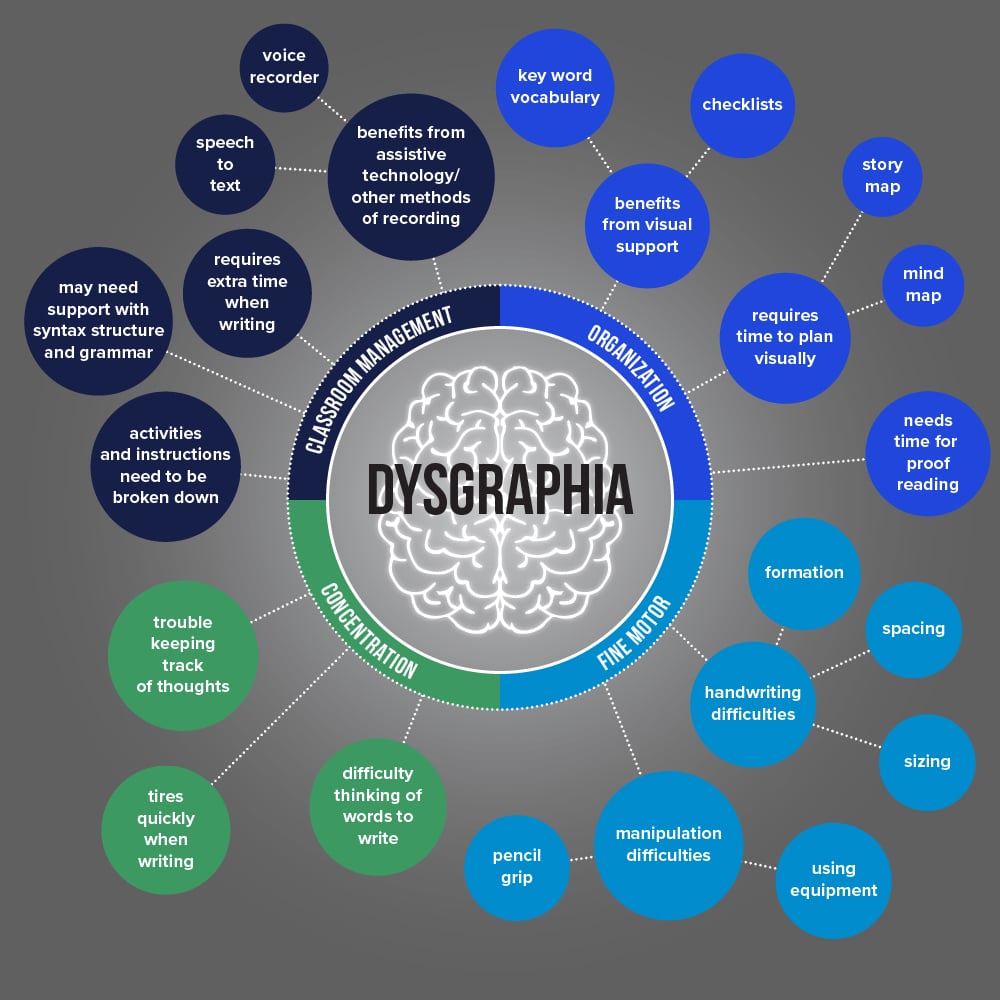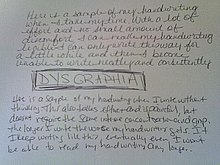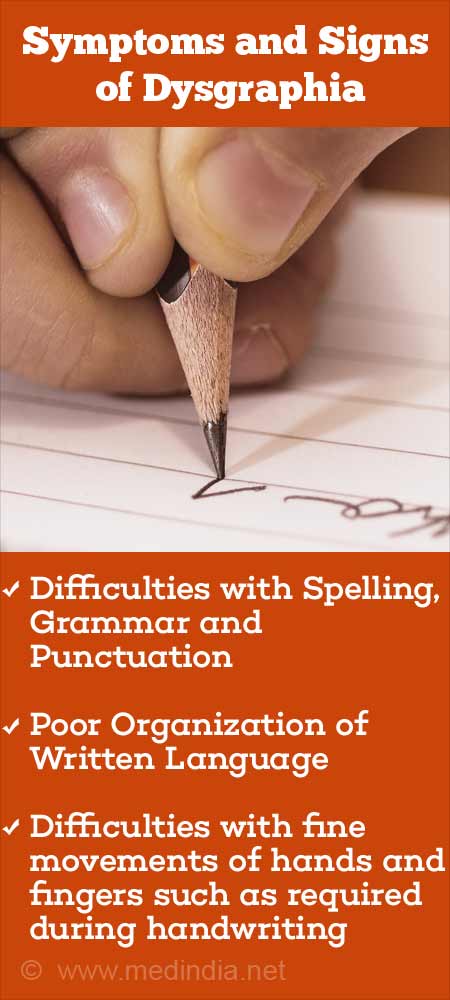Ideal Info About How To Diagnose Dysgraphia
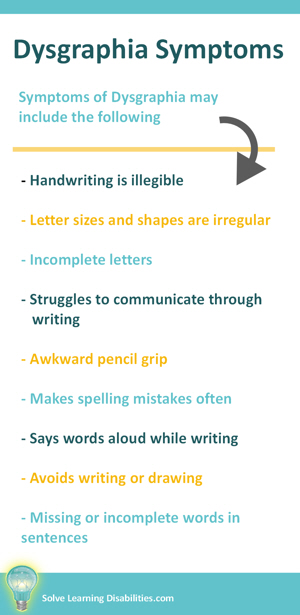
There are many ways people with dysgraphia can improve their writing skills.
How to diagnose dysgraphia. The diagnosis of dysgraphia often involves several specialists, including a family doctor or pediatrician, an occupational therapist, and a psychologist. It consists of questions in which you can rate your child's handwriting on various aspects. Dysgraphia is generally diagnosed by a psychologist.
Diagnosing dysgraphia often requires a team of experts, including a physician and a licensed psychologist or other mental health professional. These include fine motor skills and how kids express themselves in writing. The psychologist will investigate learning strengths and difficulties.
The psychologist will investigate learning strengths and difficulties. Dysgraphia is a learning disability of written expression, that affects the ability to write, primarily handwriting, but also coherence. Good ideas but difficulty getting the same thoughts onto paper.
Talk to the child’s teachers and see if they. If you have consistently noticed the signs and symptoms of dysgraphia in your child, the first step would be to get a formal dysgraphia diagnosis. Tests for dysgraphia look at a variety of skills that affect writing.
Dyslexia south uses a very simple criteria: Dysgraphia is a condition that affects your ability to write clearly, and symptoms can vary. Highly illegible handwriting, often to the point that even you can’t read what you wrote, struggles with cutting food, doing puzzles, or.
Awkward or painful pencil grip and/or unusual positioning of wrist, arm, or body when writing. This free assessment will allow you to determine whether your child has at risk for dysgraphia. One expert recommendation for the diagnosis of dysgraphia is the following:
This label than helps to narrow. Diagnoses are used to label a specific set of symptoms that are being experienced by a child. Overly long time spent when required to write a paper.
The cause of the disorder. In addition to poor handwriting, dysgraphia is characterized by wrong or odd spelling, and production of words that are not correct (i.e., using boy for child). Your health care provider will likely ask you for a description and history of your swallowing difficulties, perform a physical examination, and use various tests to find the cause.
Dysgraphia refers to a challenge with writing. It impacts skills like handwriting, typing, and spelling. What does the diagnosis of dysgraphia really mean for the child?
Inconsistency between spelling ability and verbal. Know the reason for the visit and what you want to happen. At the visit, write down the name of a new diagnosis, and any.

